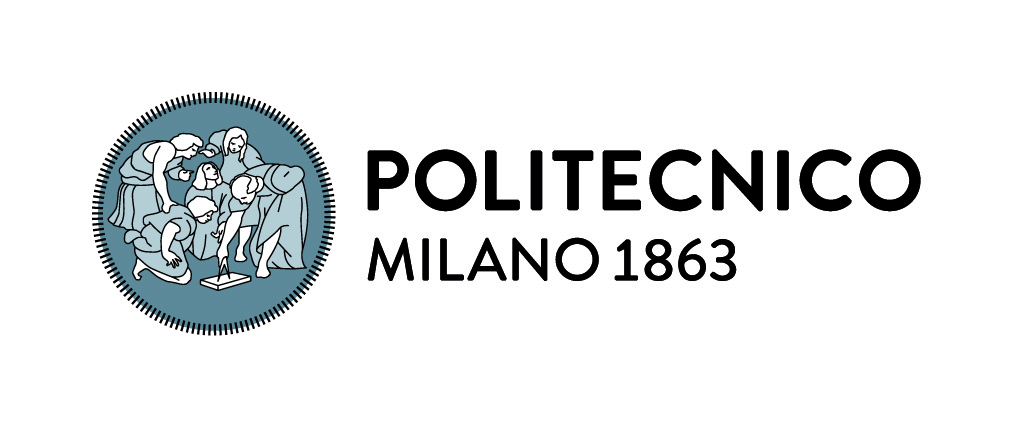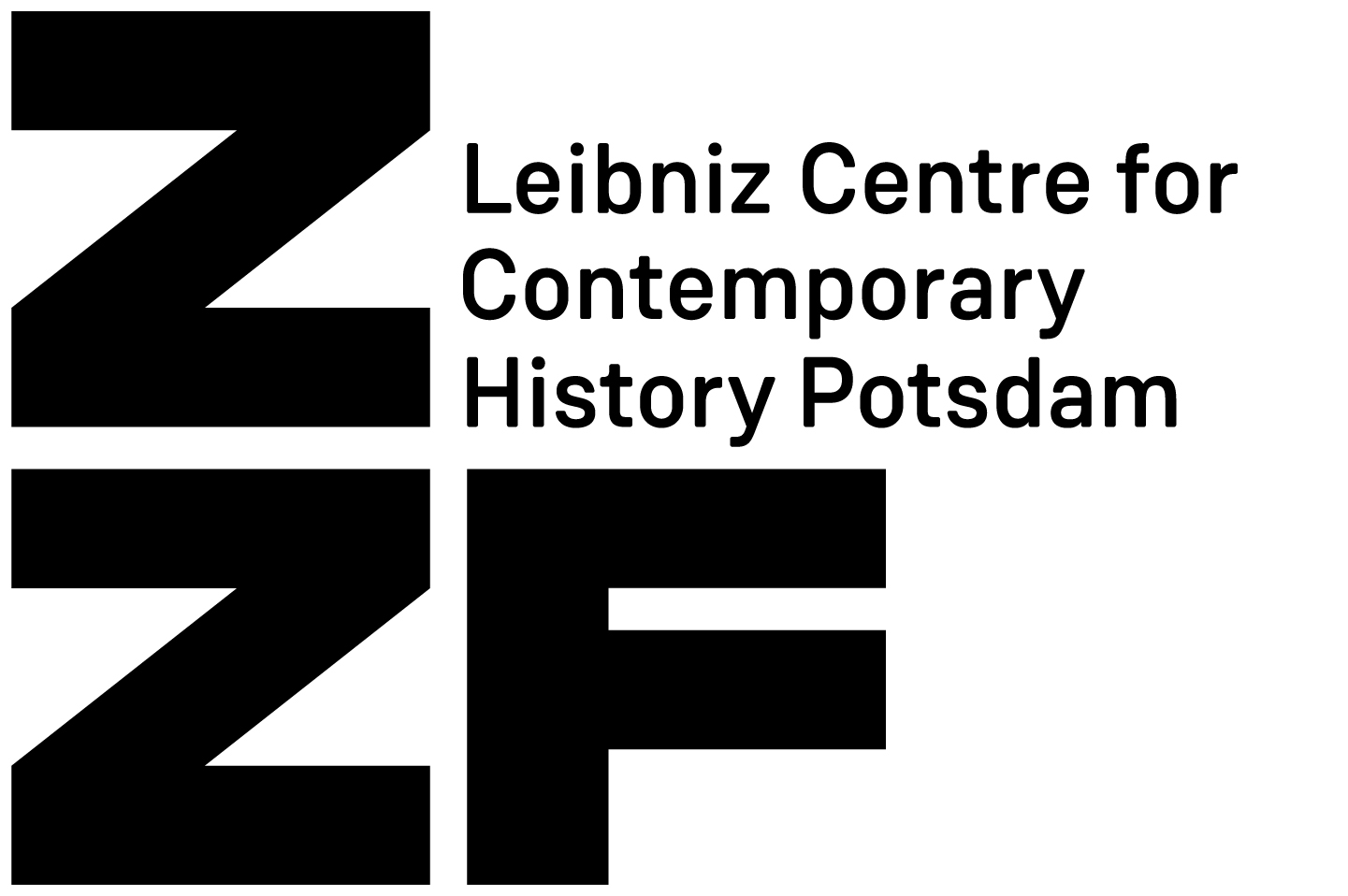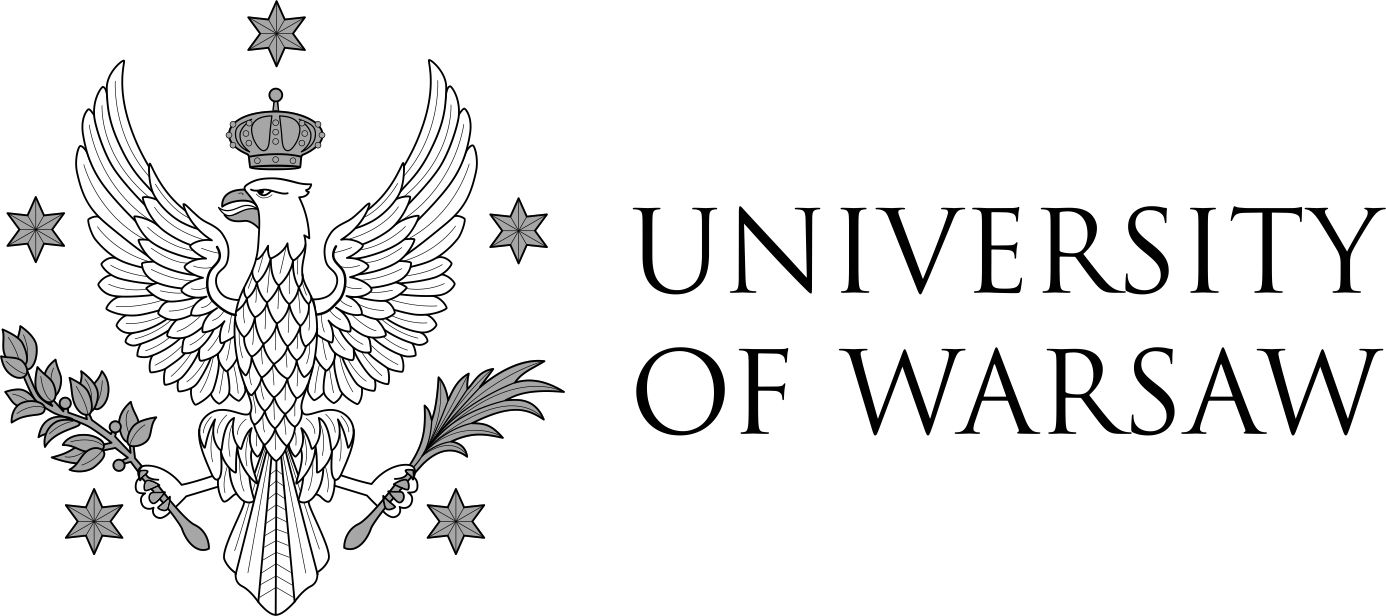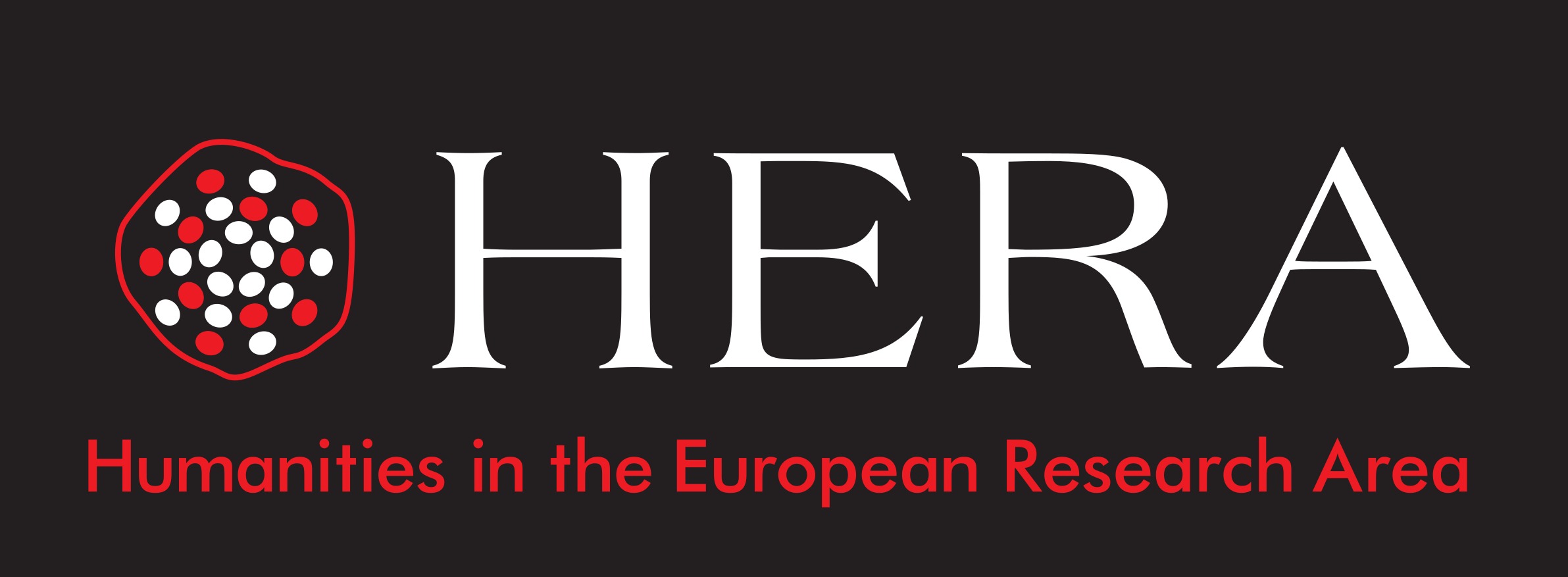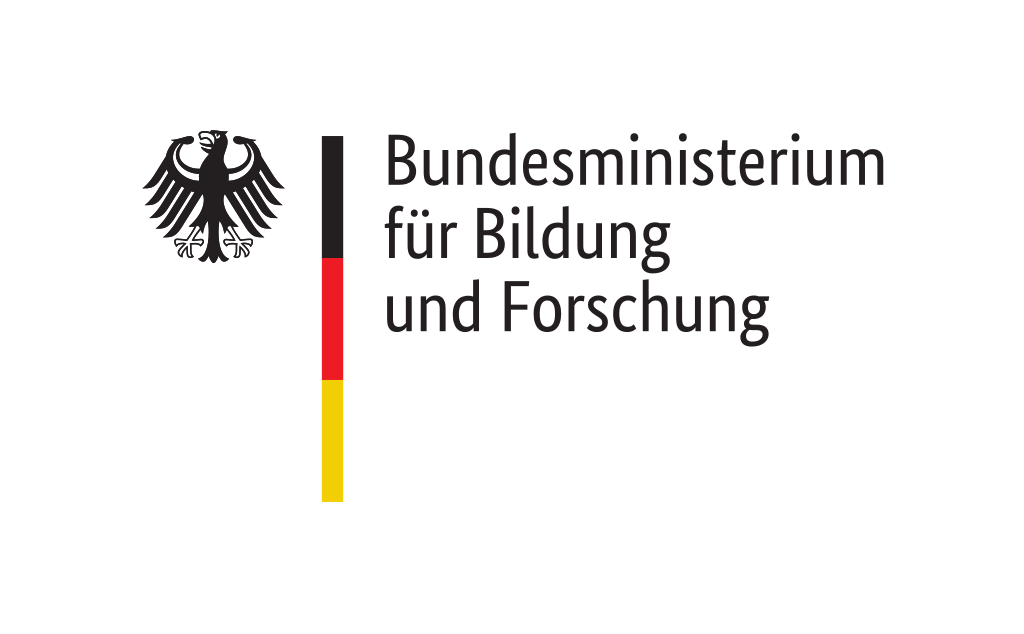University of Amsterdam
The UvA team examines attempts by different actors to include the legacies of socialism and colonialism into the European public space, including various grass‐roots cultural platforms (activists, NGOs and community organisations) as well as institutions (particularly museums) to make visible these sensitive and contested aspects of Europe’s past, and to achieve recognition within the history and memory of Europe.
Dr Claske Vos focuses on attempts by cultural workers in Southeast Europe to (re)inscribe themselves in a larger European cultural space by creating autonomous and transnational spaces of cooperation. Examples include the APs Lokomotiva (Northern Macedonia), Cultural Heritage Without Borders (Bosnia and Herzegovina). Such cultural workers operate in an environment affected by the transition to post‐socialist settings and have to manoeuvre in a field marked by centralization, a lack of autonomy, increasing privatization and re‐nationalization. EU funding, independent European foundations and nationally based funding programmes enable them to inscribe themselves in a new European cultural space, counterbalancing official dealings with art, heritage and memory.
Using theories of governmentality, a discursive approach to policy and qualitative interviews and in‐depth fieldwork (as far as the current conditions allow), Claske examines the initiatives of grassroots cultural workers from Bosnia and Herzegovina, Northern Macedonia and Serbia to analyse the role of international funding in the establishment of new critical spaces of engagement in the post‐socialist and post‐conflict public space.
Dr Chiara De Cesari exploresthe current proliferation of colonial exhibitions and reframing of colonial collections within European museums - as public fora currently under fire because of their manifold colonial legacies – to analyse shifting museum representations of colonialism and how they are affected and in turn affect collective imaginations of the meanings and boundaries of Europe in the public cultural sphere. Chiara examines the role of museums as collective memory platforms and their attempts to reframe colonialism as an historic phenomenon, using display analysis and interviews, and how these negotiations of history and memory participate in current public debates about racism.
Dr Claske Vos (PI)
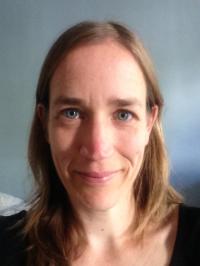
- Lecturer and Researcher
- Department of European Studies
- Email: c.vos@uva.nl
Dr Chiara de Cesari (Co-I)
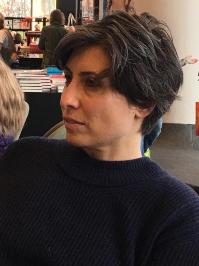
- Associate Professor
- Department of European Studies
- Email: C.deCesari@uva.nl


